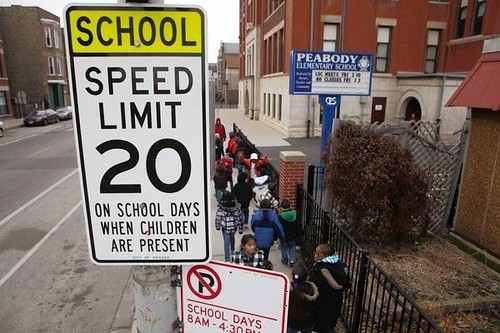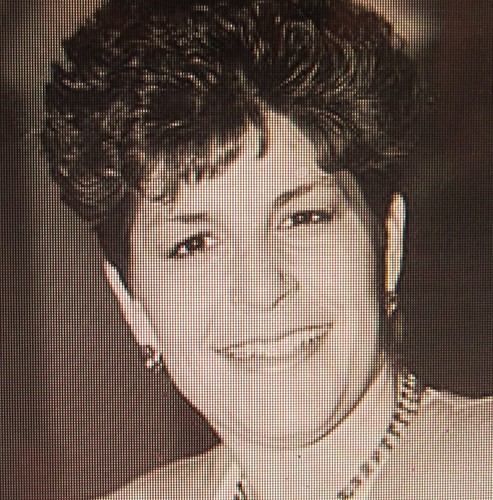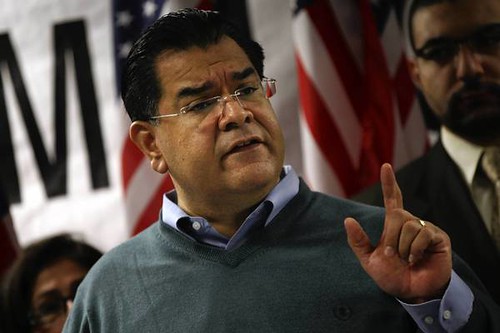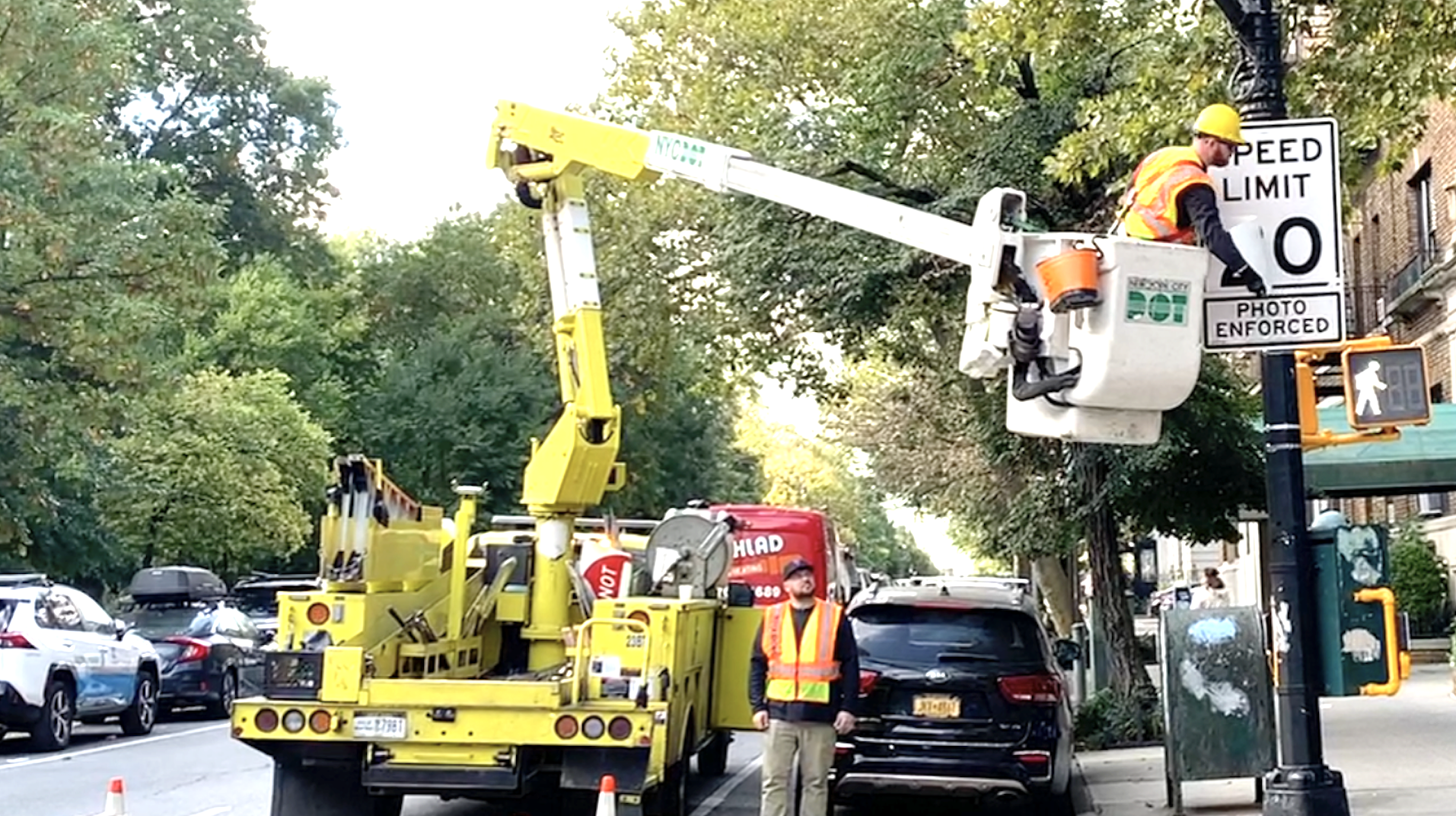Illinois schoolchildren are at least six months further away from getting better protection from speeding drivers, after American Traffic Solutions, a speed camera company, successfully lobbied against proposed state legislation that would have extended school speed zone hours. To add insult to injury, the firm is falsely claiming it did nothing to obstruct the bill.
Illinois House Bill 3229 would expand the hours of the existing 20 mph speed limit in school safety zones, currently 7 a.m. to 4 p.m., to anytime time children are present. Motorists could be charged $150 for the first offense and $300 for subsequent tickets. The Active Transportation Alliance proposed the legislation after a Chicago Tribune analysis found that the majority of crashes involving kids in Chicago school zones occur after regular school hours. A separate Active Trans study found similar results in other parts of the state.
The bill passed the Illinois House nearly unanimously but stalled in the state senate after last minute maneuvering by ATS, which City Hall selected to be Chicago’s speed camera vendor last February. The bill had bi-partisan co-sponsorship by half of the Senate transportation committee members, had virtually no opponents, and seemed destined to become law until recently.
A couple weeks ago, the camera company officially registered opposition to the legislation on the state legislature’s website, a procedure known as “slipping” the bill. Active Trans Director Ron Burke says ATS lobbyist Julie Curry, a former state rep, also approached State Senator Martin Sandoval, D-Chicago, chair of the transportation committee, asking him to stall the legislation, although Sandoval denies this. "I am for safe zones around schools," he told the Tribune, "But I am about 10,000 feet from having anything to do with this bill." The law’s sponsor, Senator Julie Morrison, D-Deerfield, told the Trib she met with Curry on multiple occasions to discuss HB 3229.
Why on earth would a company that sells speed cameras want to block a bill that extends the hours when their product would be used? ATS objected to the language in the bill requiring children to be present in order for the speed limit to be in effect. The company feared that it would be difficult for its cameras to capture an image of the speeding vehicle, its license plate number and the child, which would be necessary for issuing tickets. This might jeopardize their contract with the city of Chicago. I've contacted the city for information about any financial incentives for ATS to maximize the number of speeding violations it documents.
The thing is, even if ATS couldn't have enforced the law with their cameras, speed cameras aren't the only way to enforce the law. Police officers are already enforcing the existing school zone speed limit during school hours, in Chicago and other parts of Illinois that won't get cameras. The only way the new law would be different from the status quo is that it extends the hours, so it still would have been enforceable, and the Trib study suggests it would have saved lives.
Active Trans agreed that it would be simpler to have a constant speed limit, regardless of whether children are present. However, it was clear that such legislation wouldn’t pass the House due to opposition from the sheriff’s association, the Illinois Department of Transportation and legislators who felt drivers would tend to ignore a 24/7 speeding ban. Rather than let the perfect be the enemy of the good, the advocacy group endorsed a bill that extended the hours but kept the “while children are present” language.
“When it became clear that ATS had persuaded the committee chair not to call HB 3229 for a vote in committee, Senator Morrison had no choice but to say she would try to address ATS’s concerns,” Burke told me. “But make no mistake, Senator Morrison and the many advocates for this bill had preferred, and expected, a successful vote on HB 3229 before ATS emerged in the eleventh hour to kill it.”
Despite the fact that the camera company was on record opposing the bill, and Burke says the company had openly shared that position, the Tribune quoted Dennis Culloton, a Chicago consultant for ATS, claiming the firm has done "nothing in any way, shape or form to obstruct the passage of that bill." Burke told me, “If that were true, the bill would almost surely be going to the governor’s desk right now.”
ATS’s questionable lobbying efforts, and its dishonesty about them, are particularly upsetting because traffic camera companies are under intense scrutiny right now. Earlier this year, allegations surfaced that that Redflex, the city’s red-light camera vendor, bribed a former Chicago Department of Transportation official. Speed and red-light cameras are crucial tools for preventing traffic casualties, but they’ve also been accused of being a money grab for City Hall. These important programs certainly don’t need any more bad publicity.
And while ATS blocked the bill due to concerns about how their speed cameras will work in a couple hundred Chicago school zones, the company’s actions also delay better protection for kids at hundreds more schools across the state. "It's disappointing and surprising that a speed camera company would put the brakes on a bill to expand slower speed limits in order to protect children, but they did," Burke told the Trib.
Hopefully, legislation extending the hours of the school zone speed limit, with or, preferably, without the “while children are present,” language, will pass in the fall veto session. But even if that effort is successful, that means there will be at least a six-month delay before the law is in effect and drivers are forced to slow down 24/7. In the meantime, there’s no telling how many more kids will be victims of crashes due to the selfish, dishonest actions of a traffic camera company that seems more concerned with its bottom line than safe streets.





